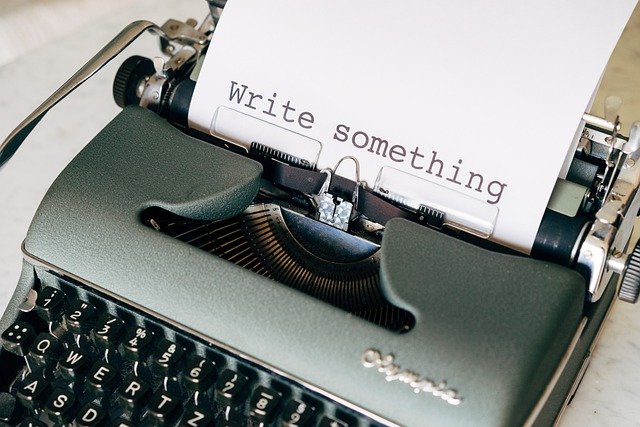Anna, who is taking part in a work try-out at Commia, wrote an honest blog about her thoughts on translating. At Commia, Anna translates the eng-fi-eng language pair.
When translating, the problems I encounter depend on the type of text and the language pair. Translation difficulty is also affected by creative expressions as well as specialised vocabulary and terms in different fields that I am not necessarily familiar with. Thanks to various tools, I am able to find solutions with which my own language skills help, but at the same time, I wonder if I should know a bit better.
I have translated for fun and during my studies, but I do not have that much experience. Still, in theory and through observation, I know what a good translation is and have recognised what is important and noteworthy for me when it comes to translating. This applies both to basic concepts I think about rationally and to issues I come across while translating and understand how much I still have to learn.
Translation accuracy
I always start from this and strive to be as exact as possible and to use the correct words. If I cannot find a word or expression that corresponds to the original, I try to find another way to express it. A too literal translation can lead to the opposite of the intended result because the translated text can end up being stilted and unclear if you do not think about the whole sentence and its meaning.
The flow of the text
The text should not look like a translation. I have seen otherwise correct and understandable but odd sentences which clearly look like translations. Sometimes, even the source language stands out. Language-specific and idiomatic constructions and expressions cannot always be translated naturally.
Correct language
The texts must be grammatically correct. This is probably my biggest fear because despite being careful, I do not always notice my own mistakes.
Consistent choices
Variety may improve the text, especially when it comes to synonyms. However, the text’s language should not vary regionally or stylistically, the grammatical choices have to be consistent and the translation must not look like different writers have been involved.
Speed
Because I am a participant in a work try-out, I am in a lucky position in the sense that I can take my time and check any parts I am not sure of later. The best thing has been when I have been working on other assignments or translations in between and thus could take a break from a translation. Many translators would benefit from an extra day during which they could check the translation when looking at it with fresh eyes. Then, they could come up with better alternatives and notice their mistakes.
Getting stuck
Uncertainty and mulling over the correct words can lead to getting stuck for quite a while. Fortunately, I have been able to afford that. Yet, trying to find the exact word or expression or check every part can, in addition to actually finding a better alternative and noticing a mistake, also result in spending hours pondering something that already was good enough.
I accept the choices I make and continue to think about, but I will always strive towards improvement. I have learned and strengthened my grammar and vocabulary, but I hope that my efficiency and confidence will get better with practice. In addition, I want to encourage myself (and others) with a piece of advice: Read many different types of texts in different languages, check the text and have faith in yourself (but not too much).
Anna Meismaa


